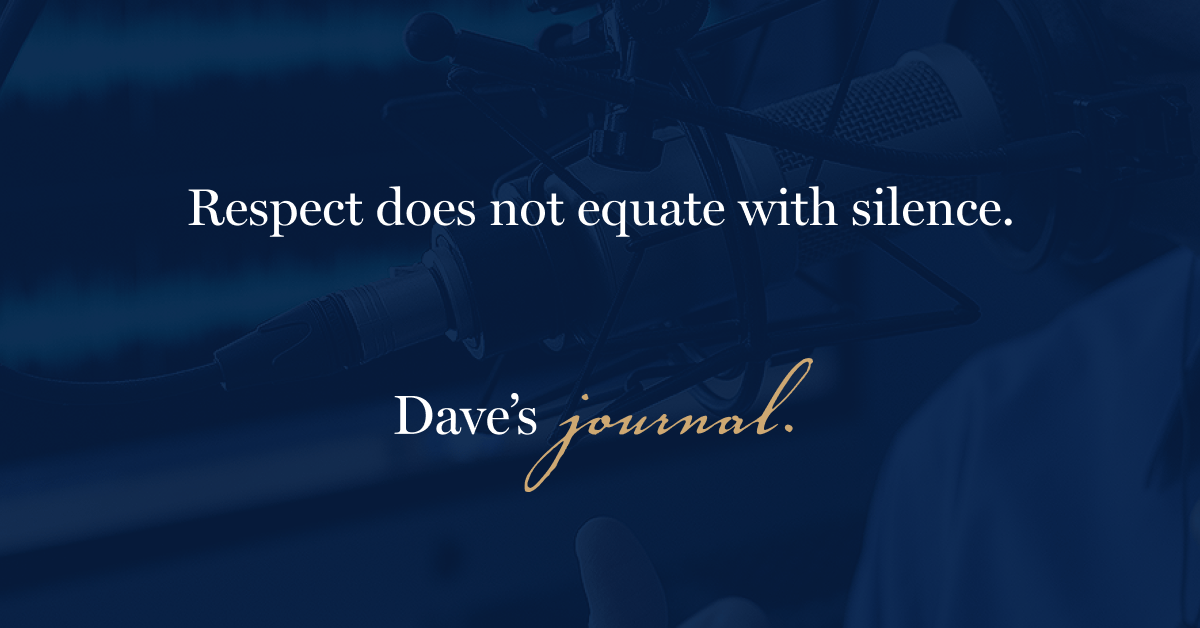Last week, a few minutes before I arrived to pick up our kids at summer camp, our 5-year-old daughter had fallen and hit her head.
By the time I walked in, the nurse had already checked her out and she was perfectly fine. Her camp counselor, a teacher, the nurse, and our son all told me what happened in a whirlwind of several conversations as the kids were getting dismissed. Our daughter also told me the story.
All five stories were different. There were similarities, but they were different enough that, without context, you might have thought five different accidents occurred.
Ask any police officer who’s interviewed witnesses to an accident or crime scene and they will tell you that they often hear different stories. That’s because, there are four different kinds of truth.
The first truth is my truth. What I think happened that is colored by my experiences, biases, and emotions.
The second truth is your truth. What you think happened that is colored by your experiences, biases, and emotions.
The third truth is our shared truth. This emerges when we’ve come to some kind of mutual understanding of what happened.
Finally, there’s the actual truth, which hopefully is reflected in each person’s own truth and, if it emerges, a shared truth, but not always. Sometimes, everybody is off the mark.
A lot of the time, it’s not that important if or how a shared truth emerges. In the case with my daughter, it really didn’t matter that there were five different versions of the story because she was fine and everyone clearly intended well. Case closed.
But sometimes it’s critically important that one person’s truth doesn’t become the shared truth by default.
The most common way I see this emerge in organizational politics is that someone claims their truth in front of a group of people, most often in a meeting, and nobody else challenges it.
When a truth is left unchecked among a group of people, it often becomes the shared truth.
That means that if your colleague claims at the weekly staff meeting that your team dropped the ball on a recent project, and you stay silent, that statement, right or wrong, becomes everyone’s truth.
Once you’ve stayed silent, it doesn’t much matter what you say later, how many people you pull aside to explain yourself five minutes after the meeting, and all the charts in the world you’ve got, proving how right you are. Because it’s not about what’s right. It’s about what’s true.
When a claim of truth goes unchallenged, most people in most places will quickly accept that as shared truth and move on. It’s simply too much mental work to do otherwise.
If someone else’s truth doesn’t at all align with your truth — and it matters to the organization, to your team, or to you, what you say in the moment is critical.
Here’s a few phrases you might consider starting with:
I have a different recollection of the events.
You must have access to some information I don’t have.
It’s not clear to me what evidence you’re using to conclude this.
Based on the evidence I’ve seen, I’ve come to a different conclusion.
Your aim is not to throw the other person under the bus, or to get into a heated debate, but to indicate to them — and more importantly — to everyone else present, that there is more than one truth in the room.
Be polite, be curious, be respectful, and be clear that you are inviting them and everyone else to come to an accurate, shared truth.
Respect does not equate with silence. Right or wrong, silence from you indicates to everyone else that the other person’s truth is yours too.
Dave's Journal is available by audio on Apple Podcasts, Google Podcasts, Overcast, Stitcher, and Spotify.





